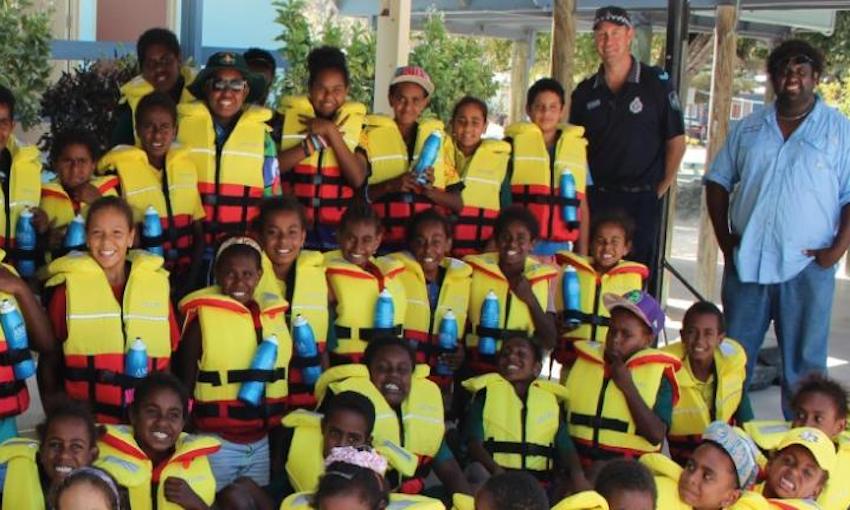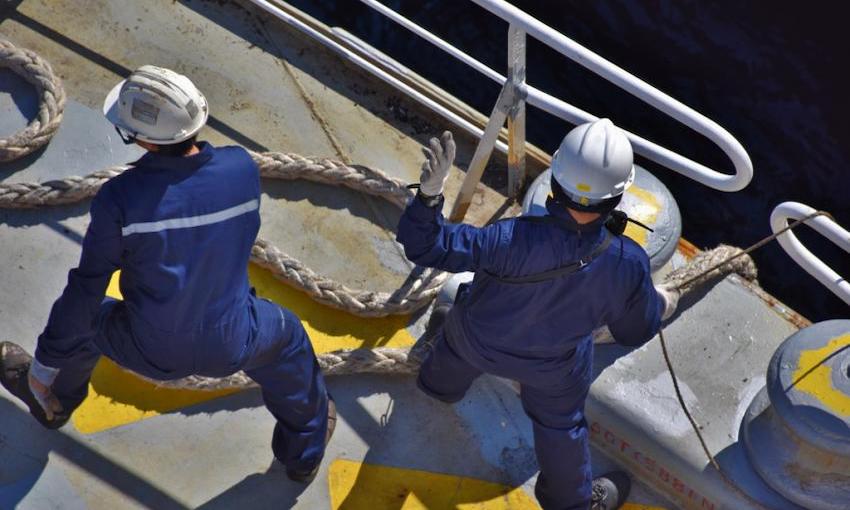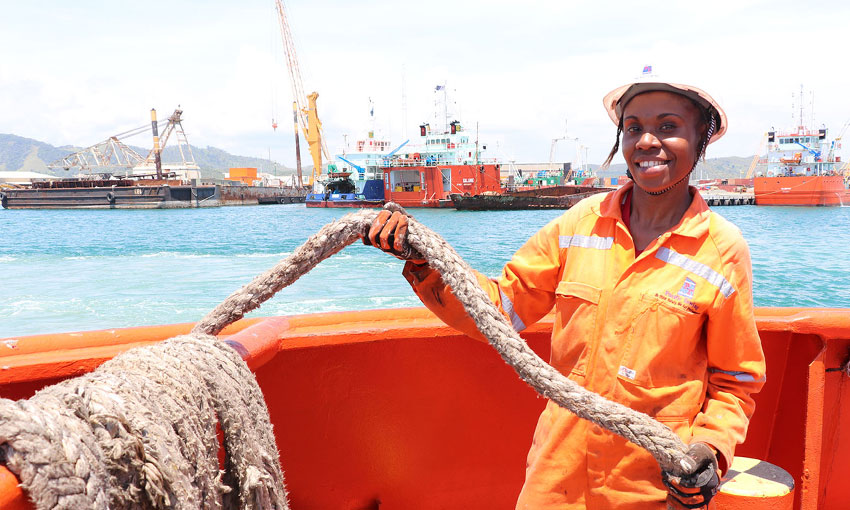THE AUSTRALIAN Maritime Safety Authority has announced it is developing its first Reconciliation Action Plan to promote participation and opportunities for First Nations Australians.
The announcement came during National Reconciliation Week, which runs from 27 May to 3 June each year. This year’s theme is “Be Brave. Make Change.”
“Reconciliation Week is an important opportunity to reflect on how AMSA can further reconciliation for the benefit of both Indigenous and non-Indigenous Australians,” AMSA said in a statement.
According to Reconciliation Australia, the peak body in national reconciliation, Reconciliation Action Plans (RAPs) enable organisations to take meaningful action to advance reconciliation.
RAPs are based around core pillars or relationships, respect and opportunities. They intend to provide tangible benefits for Aboriginal and Torres Strait Islander peoples and increase economic equity.
“As this is AMSA’s first RAP, its focus is on the ‘reflect’ stage of the planning process,” AMSA said.
“Our Reflect RAP signals our commitment to identifying and developing relationships with Aboriginal and Torres Strait Islander stakeholders in order to confirm our vision and scope for reconciliation.”
AMSA has lodged its Reflect RAP with Reconciliation Australia for review. The launch is scheduled for later this year, once the plan is finalised in conjunction with the peak body.
AMSA has also used the opportunity to highlight the marine incident risks Torres Strait communities face due to their reliance on seaborne transport, usually in small boats across long stretches of open ocean.
As such, AMSA provides subject matter expertise and assistance to Maritime Safety Queensland for the dedicated Torres Strait Marine Safety Program, which supports Torres Strait communities to engage safely with their marine Country.
National Reconciliation Week occurs on the same dates each year, commemorating two significant milestones in the nation’s reconciliation journey, namely the date of the successful 1967 referendum and the High Court Mabo decision respectively.
“Reconciliation must live in the hearts, minds and actions of all Australians as we move forward, creating a nation strengthened by respectful relationships between the wider Australian community, and Aboriginal and Torres Strait Islander peoples,” Reconciliation Australia says on its website.
“We all have a role to play when it comes to reconciliation, and in playing our part we collectively build relationships and communities that value Aboriginal and Torres Strait Islander peoples, histories, cultures, and futures.”





